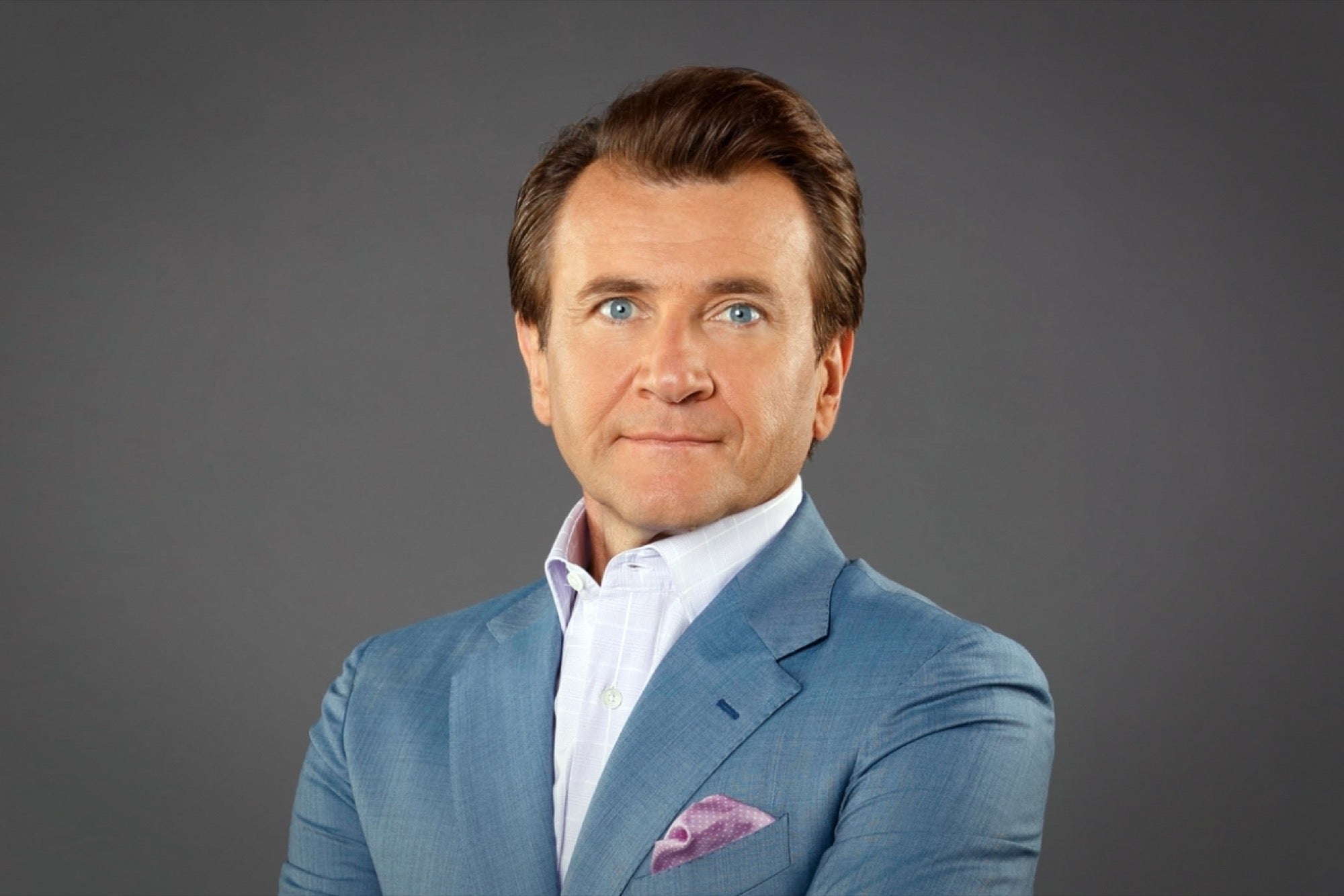Robert Herjavec: 'The World Doesn't Reward Mediocrity.' The millionaire Shark Tank star says this is what you need to do to achieve a level of personal satisfaction that money can never buy.

Opinions expressed by Entrepreneur contributors are their own.

The most important decision Robert Herjavec ever made wasn't ditching the 9-to-5 and going into business for himself. It wasn't adapting to a whole new language and way of life after moving to Canada from communist Yugoslavia. And it wasn't selling his first company to AT&T for millions in cash.
It was rejecting the "virus" he calls mediocrity, refusing to be average in its many easy-to-fall-into forms.
"The world doesn't reward mediocrity," Herjavec recently told Entrepreneur from the Culver City, Calif., set of Shark Tank. "You've got to be great at something. Nothing is ever "good enough.' It's either excellent or inferior."
Related: Mediocrity or Greatness? That is the Question.
The sapphire-eyed 52-year-old tech mogul decided early on that just being "good enough" would never be good enough for him. Teased and beat up at school because of his thick Serbo-Croat accent and "very uncool" foreign clothes, as a young boy Herjavec watched his father trek two miles to and from his job sweeping floors in a factory, just to save on bus fare. He also saw his mother get hornswoggled out of $500 -- seven weeks' salary, the family's entire savings -- by a slick traveling vacuum salesman. That was the day he vowed to never to let his family live so close to the edge again. (He still owns that darn vacuum, by the way.)
Despite growing up mostly beneath the poverty line, Herjavec used his struggles as an "off the boat" immigrant as motivation to rise above his circumstances, eventually all the way to the top of his unlikely career in cybersecurity. (His Internet security firm, the Herjavec Group, is now one of the largest and most profitable information technology companies in Canada.)
Related: Shark Tank's Lori Greiner and Robert Herjavec on What Makes a Great Boss
Along the way, in the midst of adversity, Herjavec could have easily settled for mediocrity. He could have been complacent with scraping by selling newspapers or waiting tables or working as a collections agent, all of which he did and all of which beat making $76 a week cleaning floorboards in a factory. But he didn't want to merely survive. He wanted to thrive.
At 14, Herjavec says he was bitten by the entrepreneurial bug. He knew he wanted to start his own business one day, so he asked his dad who he should talk to for advice. His father pointed him to the most senior employee in the factory that he worked for. It wasn't the answer the ambitious future millionaire was looking for. "To my parents, he was the most successful person they knew because he was the guy who wasn't going to get fired or laid off."
Without early exposure to a mentor who wasn't more than just good enough -- someone who didn't have to worry about making rent or any bill, someone who'd really made it and big -- Herjavec scoured books for the wisdom he had no mentor to turn to for. He devoured biographies about exceptionally successful people. "That's when I learned that nobody cares about average. Greatness is what counts. If you want to be successful and make a lot of money or be famous, or whatever it is that you define as success, do one thing and do it better than everyone else. Do whatever it takes to be great."
Related: Robert Herjavec: Success Isn't Measured on Days When the Sun Shines
If you don't, he says you'll never realize your full potential. You'll never succeed in turning your dreams into reality.
"Find your talent, be great at it and apply it to the best of your ability. When you do, not only will you be successful, you'll get a sense of personal satisfaction and fulfillment that no amount of money can buy."
For more advice on excelling in business and in life from Herjavec, tune in to the Shark Tank Season Seven premiere, airing Friday, Sept. 25, at 9 p.m. ET/PT on your local ABC station.
Related: Shark Tank's Robert Herjavec: In Business, Don't Forget That 'The Sun Always Rises Tomorrow'












